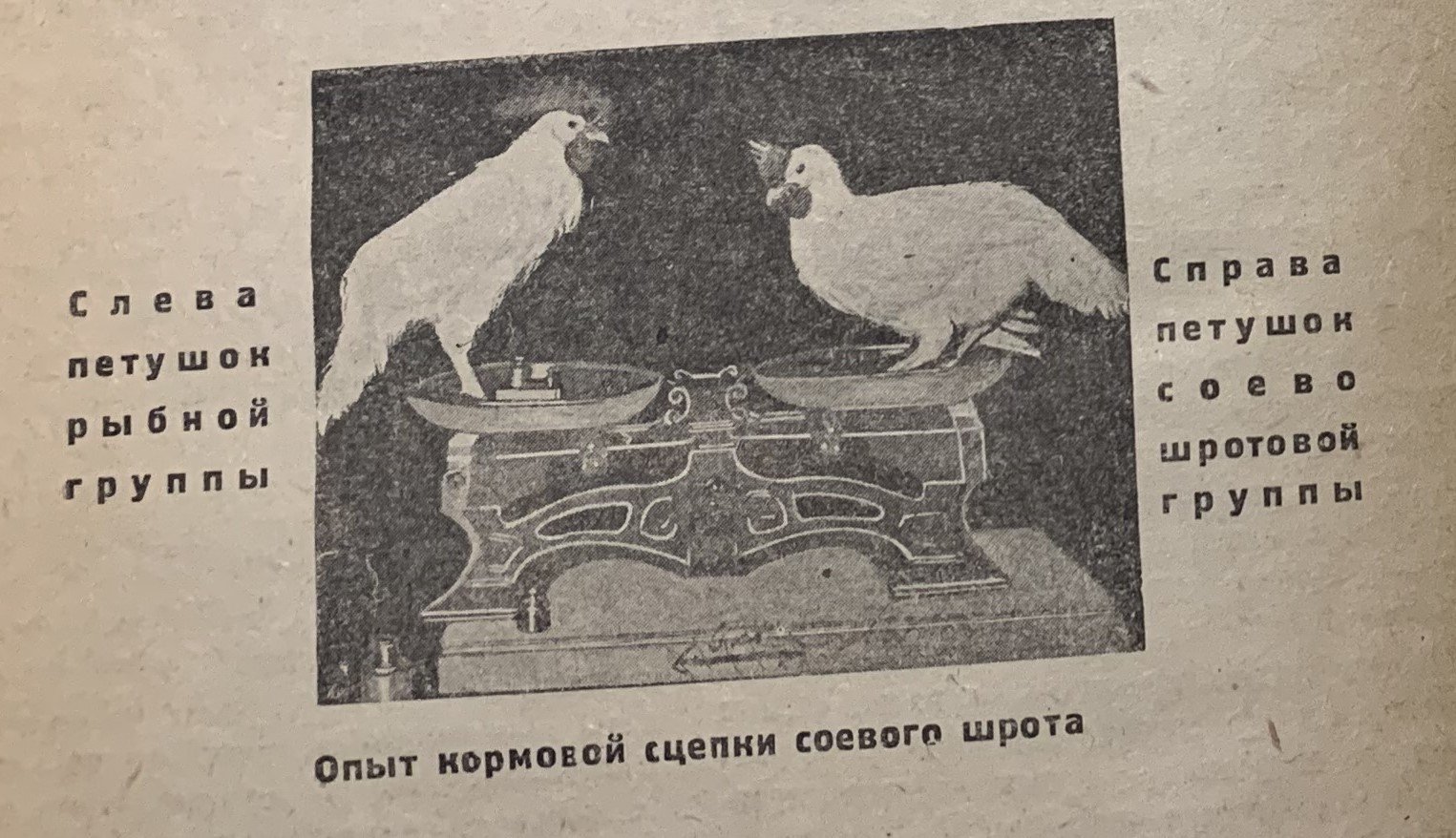Research Fellow
Who I am
How I became interested in monocultures
Natalia Ryzhova
Universitätsstraße 150
Gebäude GA 4/53, Fachnr. 182
44780 Bochum
GermanyEmail: natalia.ryzhova@upol.czI am an economic anthropologist and a visiting researcher at Ruhr University in Bochum. My academic interests have always revolved around the informal—or perhaps more accurately, the real—economy. Over the years, I have studied illegal gold mining, informal land use practices, Chinese involvement in agriculture in the Russian Far East, among other topics. My interest in monocultures—specifically, soybeans in the Soviet regions and post-Soviet context—came about unexpectedly. Initially, I set out to study how villagers in the Russian Far East were adapting informal practices to the expansion of agrarian capitalism. Instead, I found that the informal economy had shrunk dramatically, and entire landscapes—fields, meadows, and forests—had been converted into soybean monoculture fields. As an anthropologist, I naturally turned to historical context. I found very little academic literature on the history of soybeans in the USSR or in the specific locality I was studying. My search led me to archives, where I uncovered fascinating but largely untapped material on the production of knowledge about soybeans. These documents revealed debates over which Soviet “peripheries” should host monocultural soybean cultivation, ambitious (and failed) attempts at implementation, and conflicts between state policies and local realities.Experiment on feeding specialization with soybean meal. On the left – a rooster from the fish meal group. On the right – a rooster from the soybean meal group [Perov S.S. The Comprehensive Method of Industrial Soybean Processing (Work of the Biochemical Laboratory of the Institute of Soybeans and Special Crops), in Soybeans and New Crops. Two Years of Work of the Institute of Soybeans and Special Crops. All-Union Lenin Academy of Agricultural Sciences. Moscow, 1932. P. 64]What I do
I am currently writing “The Soybean Revolution: Knowledge Production and Agrarian Transformation in the Soviet Peripheries and Their Post-Soviet Legacies.” This book examines both the failed Soviet-era “Soybean Revolution” and the reemerging soybean boom after the collapse of the USSR. The term “Soybean Revolution” was first coined by N. Vavilov, the renowned Soviet geneticist whose tragic fate mirrored the tensions between science and ideology in the USSR. The revolution he and his associates envisioned was an ambitious plan to introduce soybeans from the Caucasus and Ukraine to Central Asia and the Russian Far East. However, this project faced ecological realities, shortage of seeds and knowledge, significant resistance from peasants and was further hindered by administrative chaos. In some cases, shifting to soy contributed to famines in Ukraine and the Volga region. Ironically, the south of the Russian Far East—ecologically the most suitable for soybean production—was initially dismissed as an inappropriate area. When Soviet authorities recognized its potential, they forcibly deported ethnic Korean farmers—the most experienced soybean cultivators—to Central Asia. Following the collapse of the USSR, the fate of soybean cultivation took divergent paths across the former Soviet space. In Kazakhstan, farmers, driven by Chinese demand, are attempting to reshape the industry but face serious ecological barriers. In Russia’s Far East, a capitalist approach to land use has revived the monocultural vision, while land leasing to Chinese firms has reignited debates over sovereignty and resource control. Bridging agrarian history, environmental studies, and postcolonial critiques of knowledge production, my book aims to offer a fresh perspective on the role of the Soviet state and its legacy in the global history of monoculture.
